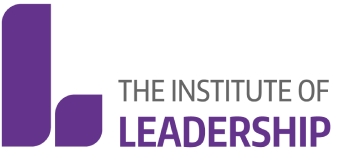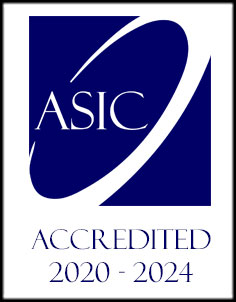Welcome
Ensuring ‘inclusive and equitable quality education’ and promoting ‘lifelong learning opportunities for all’ are core goals of the UN’s Post-2015 Agenda, making education planning a crucial component in the establishment of more equitable societies and sustainable economies.
Course Overview
This course provides those involved in education and development planning with a clear understanding of the necessary requirements, processes and considerations for establishing a well-resourced, well-regulated and equitable education sector, based on a realistic assessment of the available resources.
Interactive learning will support participants’ understanding of the key themes around strategic education planning, such as demography and enrolment forecasting, teacher training, and gender considerations. By applying strategic planning tools and analysing best practice models throughout the course, participants will leave equipped to utilise the policy cycle to plan for an efficient and fair education sector that is sustainably financed and tightly regulated to promote development.
A comprehensive analysis of the mechanisms behind strategic education planning will be provided, with subjects to be discussed including:
- Education, economic growth and social development
- International policy and education: the post-2015 education and development agenda
- Demography and enrolment forecasting for education planning
- Efficiency concerns in an education system: value for money
- Gender and education
- Education in the margins: conflict, marginalised peoples and minorities
Experts in the field will lead this training through interactive workshops, lectures and best practice case studies, fostering innovation, creative learning and networking amongst peers.

The Institute of Leadership has approved this training course. The Institute combines years of research, knowledge and innovation to champion the leadership agenda for alL and since 1947 they have carried out extensive research into the knowledge, skills, attitudes, behaviours and values of great leadership. Based on The Institute's core leadership values, this course meets the standard that enables learners who have completed to access the following benefits:
- Membership of The Institute of Leadership will be in receipt of an ICPS/The Institute joint Certificate of achievement for the course
- Access to a raft of resources to help you with your continuing professional development, including an award-winning library of e-learning content
- A community of over 70,000 members worldwide enabling you to collaborate and grow your knowledge and skills
- Receipt of weekly news updates, podcasts and cutting-edge research and a monthly published journal and invitations to topical webinars
- Authorisation to use approved letters AMInstL (Associate Member of The Institute of Leadership) after your name for business correspondence
Learning Outcomes
By the end of the course the delegates will be able to:
- Understand the principles of developing, constructing and implementing strategic plans
- Contribute to effective organisational change
- Apply the key principles of education planning in their country or organisation
- Assess and develop individual and institutional capacity
- Analyse, enhance and evaluate performance
- Better meet stakeholder needs
Agenda
Day One
- - Education goals, policies and plans
- - Planning for general, vocational, higher, pre-school and adult education
- - Access, quality, equity, finance and management
- - Decentralisation of planning, budgeting and decision-making
- - Partnerships in sector development; coordination and accountability
- - Evidence-based policy making
- - Use of evidence in planning cycles
- - Education project planning, Business Case and Theory of Change
- - Risk identification and management
- - Education and the UN Sustainable Development Goals (SDGs)
- - Building the SDGs into national education plans International engagement
Day Two
- - Planning for gender equality and women’s empowerment
- - Meeting children’s special educational needs
- - Tackling educational marginalisation, including minorities and refugees
- - Demography and enrolment forecasting; closing the “teacher gap”
- - Planning teacher deployment
- - Attracting and retaining teachers in hard-to-staff schools
- - Strengthening the quality of initial and in-service teacher education
- - Training and supporting teachers as agents of change
- - School-based teacher development
- - Institutional capacity building, leadership and accountability
- - Planning for effective leadership in education
- - Planning good governance in education
Day Three
- - Government financing for education
- - User costs, scholarships, bursaries and cash transfers
- - Public-private partnerships
- - Managing the donors: international grants and loans
- - Resource allocation; incremental and performance-based budgeting
- - Ensuring value for money
- - Centrality of monitoring and evaluation in education policy and planning
- - Monitoring and evaluation frameworks
- - SMART indicators and realistic targets
- - ‘Garbage in, garbage out’: importance of valid, reliable education data
- - Key reform priorities for one or more countries relevant to Delegates
- - Education outcome deficits in the selected priority areas
- - Related financing, governance, system, human and other constraints
- - Related policies and existing development projects and plans
- - Initiating a Theory of Change to achieve a realistic target outcome.
- - Strategic Planning Process and tools
- - Stakeholder engagement/communication
- - Regulation mechanisms
- - Private sector engagement


What Learners Say
Caribbean Examinations Council
“ The programme and the Trainer who facilitated the workshop was of a high standard. As a result, the teaching and learning were effective. “